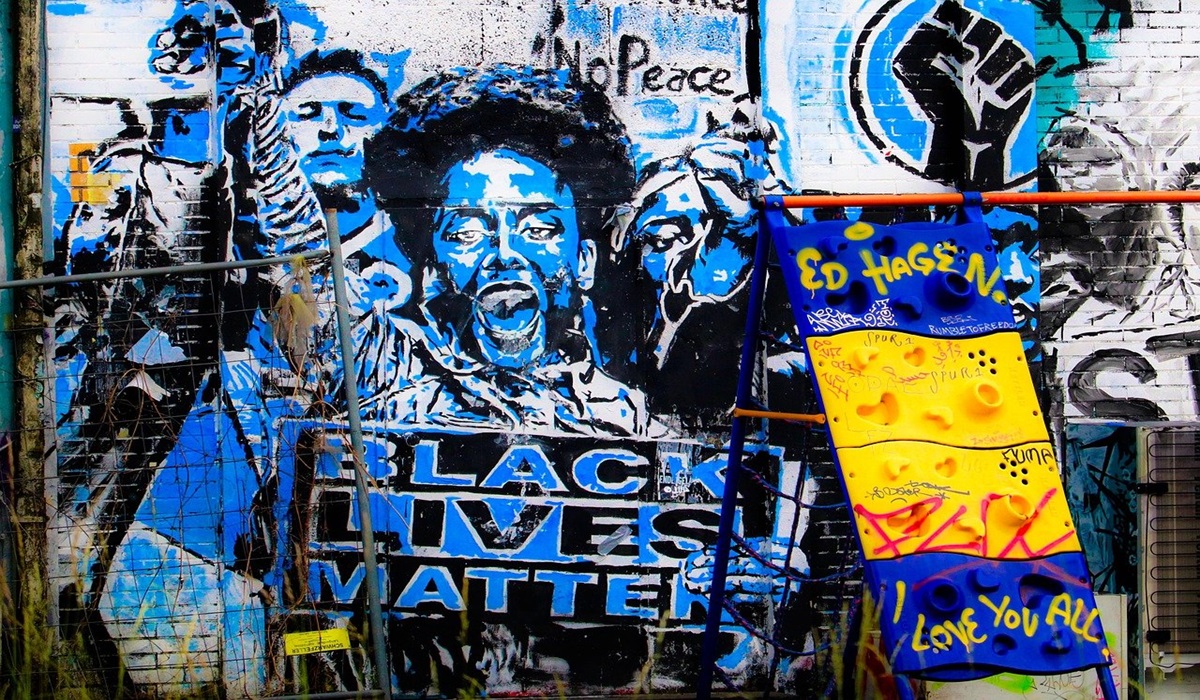Symbolic Firsts or Genuine Change: The Debate Over Black Progress in America
- Kingston Bailey
- Trending
- October 10, 2024

Image Credit, Thomas G
When it comes to assessing progress for Black Americans, the question often depends on who you ask. Some may point to the milestones that suggest undeniable achievements. The election of Barack Obama as the first Black president, Kamala Harris as the first Black and South Asian vice president, and the appointment of numerous African Americans to significant positions in government and the private sector are often presented as markers of forward momentum. In sports, too, many Black coaches are taking leadership roles in collegiate and professional athletics, which was once unimaginable.
These examples of Black success are often held up as proof that the nation is making significant strides. Yet, even with these accomplishments, the conversation inevitably circles back to a familiar set of enduring issues: reparations, racism, police brutality, affirmative action, redlining, segregated housing, voting rights, and voter suppression. These systemic barriers have long existed and continue to cast a shadow over any notion of progress.
For many in the Black community, progress is not measured by individual achievements or symbolic firsts. Instead, it’s defined by whether the deep wounds inflicted by centuries of systemic racism are being addressed. And in that sense, the words of Malcolm X still resonate deeply. He once said, “If you stick a knife in my back 9 inches and pull it out 6 inches, that’s not progress. If you pull it all the way out, that’s not progress. Progress is healing the wound that the blow made. They haven’t pulled the knife out; they won’t even admit that it’s there.”
This powerful metaphor captures the essence of what many feel when the conversation turns to progress. The knife, representing the deep wounds of racism, is still embedded in the very fabric of American society. While the knife may have been pulled out a few inches with symbolic victories, the real work of healing—reparations, addressing racial violence, dismantling voter suppression, and confronting systemic inequities—has yet to begin.
The refusal to fully acknowledge the severity of the damage inflicted over centuries is what keeps these wounds open. Redlining still impacts where people live, voting rights are under attack, and police brutality remains a stark reminder of a system that continues to dehumanize Black lives. Segregated housing patterns, unequal access to healthcare, and educational disparities are constant reminders that America’s racial hierarchy has not been dismantled.
This isn’t to say that progress hasn’t been made at all, but rather that the real definition of progress is far deeper than just putting Black faces in high places. Genuine progress demands systemic change, an overhaul of the institutions that have perpetuated inequality for centuries, and most importantly, an acknowledgment of the past’s ongoing harms.
So, while some may celebrate the firsts and the breakthroughs, many in the Black community recognize that these are but small steps. The knife is still in the wound. Progress will only be real when America acknowledges the depth of the harm it has inflicted and takes meaningful action to heal those wounds—not through token gestures but through real, sustained efforts that address the historical and ongoing injustices faced by Black Americans.








